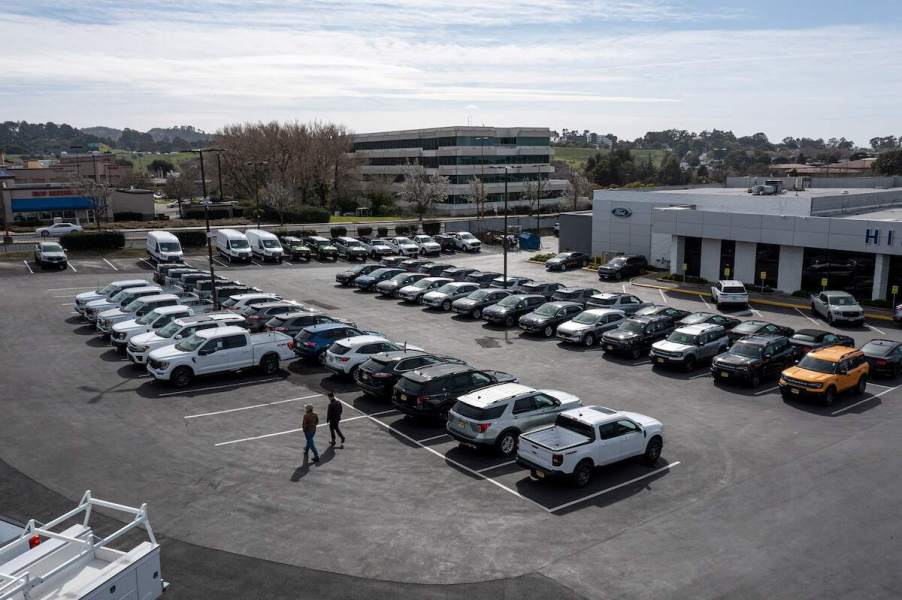
1 Reason Why Some Mechanics Recommend Used Over New Cars
Many consumers prefer purchasing used cars over new ones for various reasons. Risks are still involved whether you purchase from a dealership or a private buyer. That said, integrating a mechanic’s used car checklist with diligence means you can buy a vehicle you like without regrets. Here’s a look at why mechanics consider purchasing a vehicle used over new cars.
Top Brands Recommended by Mechanics
Mechanics are often knowledgeable about car quality because they handle many brands. They have first-hand information about which customers have recurring problems and which brands are long-lasting and reliable.
They often recommend vehicles that can go beyond 200,000 miles with proper maintenance. As Easterns Automotive Group reports, mechanics often have positive opinions about Toyota and Honda brands. Noteworthy models include the Toyota Civic and the Toyota Corolla.
These recommendations are rarely about the vehicle’s flashiness or stellar designs. Mechanics prefer the two brands because they provide hundreds of thousands of miles of outstanding performance without requiring significant repairs.
Most mechanics further recommend Chevy and Ford trucks for their reliability, especially in rough terrains. A highly-reliable vehicle often depreciates slower than cars not popular for their long-term service. This means you will not struggle to resell your vehicle in case you need an upgrade.
New Isn’t Always Better

New cars attract many because they are new, shiny, and clean. Not to mention, these cars have new warranties and many other perks. But is a new car an ideal option for you? A used vehicle may be the better option depending on your situation.
There are numerous reasons why some mechanics recommend purchasing used over new cars, the greatest being the low maintenance cost. And the easiest way to cut costs when buying a vehicle is to go for a used car. One of the advantages of buying a used vehicle is the ability to evaluate its history and other information you can find about the car, such as online consumer reviews.
Purchasing a pre-owned car enables you to evaluate a car’s past, which indicates how it will perform in the future. As Forbes explains, you can use a car’s vehicle identification number (VIN) to get a comprehensive vehicle history report.
It is also worth noting that new cars are often easily recalled and endure other setbacks. On the flip side, Fixer-upper vehicles already have the major issues resolved. Also, the model you are buying has probably already encountered and solved many past problems. And if an issue arises in the future, likely, the owners have already found solutions, meaning you will not have to spend a lot on maintenance costs.
The Lowdown
Bankrate highlights that while it’s worth paying keen attention to your mechanic’s recommendation, you should also do your homework to check other vehicles’ metrics that will determine the likelihood of recurring maintenance and repairs. Numerous resources today exist to learn about frequent issues, reliability, and repair costs. Ultimately, the decision is yours to make based on your needs and wants regarding your new car.


